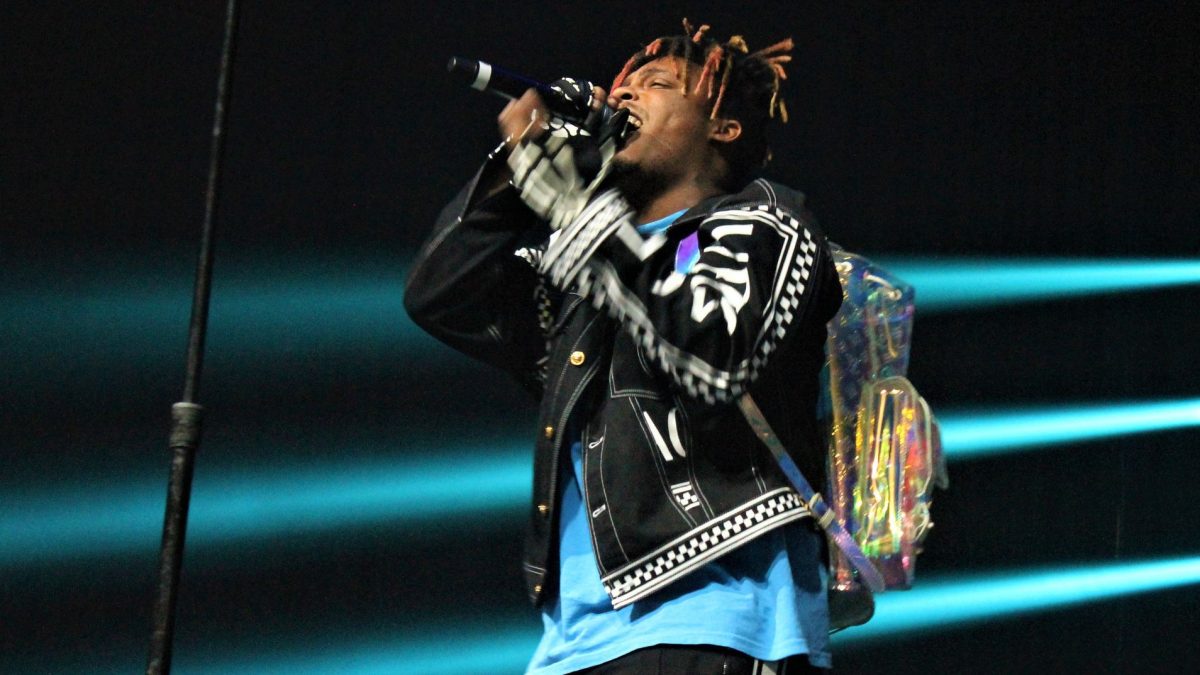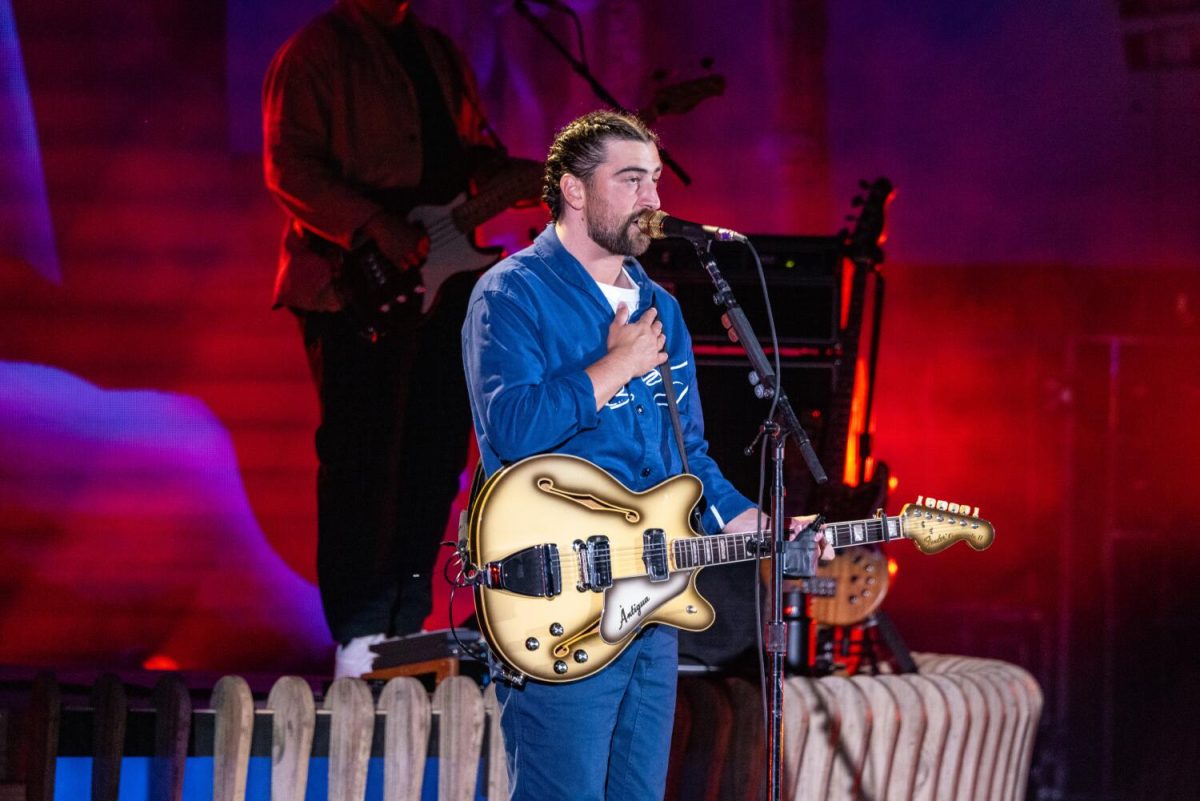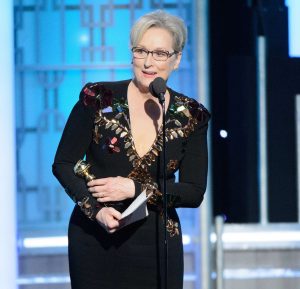
*This story was originally published in the first quarter issue of the Eagle Eye*
American popular culture often reflects the political situation in the country at the time. In the 1960s, there was a staggering amount of musical soundscapes to the Vietnam War from famous artists, including Bob Marley. In the 1940s, the gospel, “We Shall Overcome,” was modernized to become a rallying cry for the U.S. Civil Rights Movement. For the past 42 seasons, Saturday Night Live has captivated audiences with comical commentary on important political events.
It is no secret nor surprise that these two aspects of American culture work in tandem. And yet, it seems as though within the past year, this relationship has become closer than ever.
With an extremely divisive and contentious election year (and election result), many television shows, artists and magazines have decided to use their platforms to protest or promote their own political rhetoric.
“Politics is dominating the conversation in a way we haven’t seen for a long time,” Bustle editor Kate Ward said in an interview Digiday magazine. “Pretty much everyone wants to talk about it on a daily basis.”
Some pop culture hubs, such as Bustle, which is traditionally a women’s fashion magazine, capitalized on public interest in President Donald Trump and the altered political landscape that has resulted from his arrival. According to the Pew Research Center, three times more people read Cosmopolitan’s political section now than one year ago, and over a third of Americans use a mixture of social media sources and traditional sources to get their news.
Many artists, award shows and television shows have become much more publicly politicized with their stances on certain issues, several of which include direct opposition or support of Trump.
The 2017 Emmy Awards’ host Stephen Colbert used his monologue to launch a series of jokes about Trump and his history with the Emmys. He was even joined on stage by Trump’s former White House Press Secretary Sean Spicer. In Meryl Streep’s acceptance speech at the 2017 Golden Globes, she took the opportunity to call out Trump’s travel ban and poor relationship with the press.
Other fictional television shows, including “American Horror Story,” “Scandal” and “Homeland,” have dedicated episodes, even seasons, of their program to address the political upheaval and how it affects people in this country. Many find that this is a correct and proper use of creative artistry and freedom of speech.
“It is the artistic expression of any director or artist to discuss these kinds of politics or certain political opinions,” senior Elijah Abraham said. “Anyone in this country has the civil liberty to criticize our president, whether others like it or not.”
Some people, however, believe that since these shows hold viewers of different values, they should not be so openly biased toward a certain side. Some also believe that political rhetoric does not belong in award shows and entertainment at all unless it was created and advertised for that purpose.
“There’s definitely a place and time to talk about politics on television, like the night-time talk shows,” junior Colton Haab said. “In all of those award shows, they are bad talking Trump, but we aren’t here to watch that.”
There are shows that share this sentiment and believe that using their program to contend a certain platform will only divide the country further. ABC Studios, for example, has made it clear that they attempt to depict all sides to such controversial issues.
“In years past, it would be very easy to let one side feel like the cartoon and have the show assume that the audience is siding with the other,” ABC Studios Chief Patrick Moran said in an interview with the Hollywood Reporter.
Regardless of whether or not one believes this discourse belongs in television or music, it has greatly affected children and adults watching everywhere. The monster this season on American Horror Story is the miscommunication between people on both sides of the political spectrum and their unwillingness to listen to each other. Many directors and artists hope that their work can facilitate a solution to that.
“I think that some people are scared about these major changes in our country,” senior Isabelle Robinson said. “[These shows] create a conversation that really hasn’t been going very well.”
This country has gone through significant changes in leadership and changes in channels for pop culture, and the mixture of the two has created a multitude of diverging opinions.

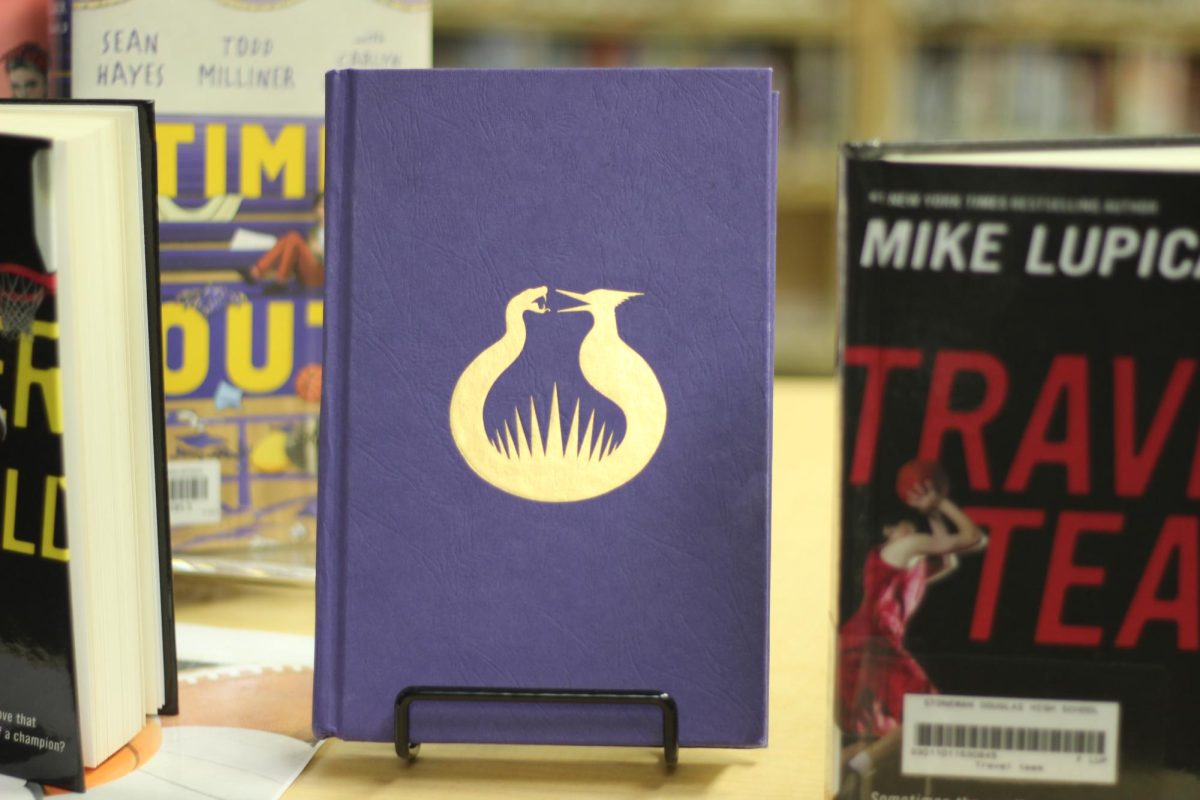
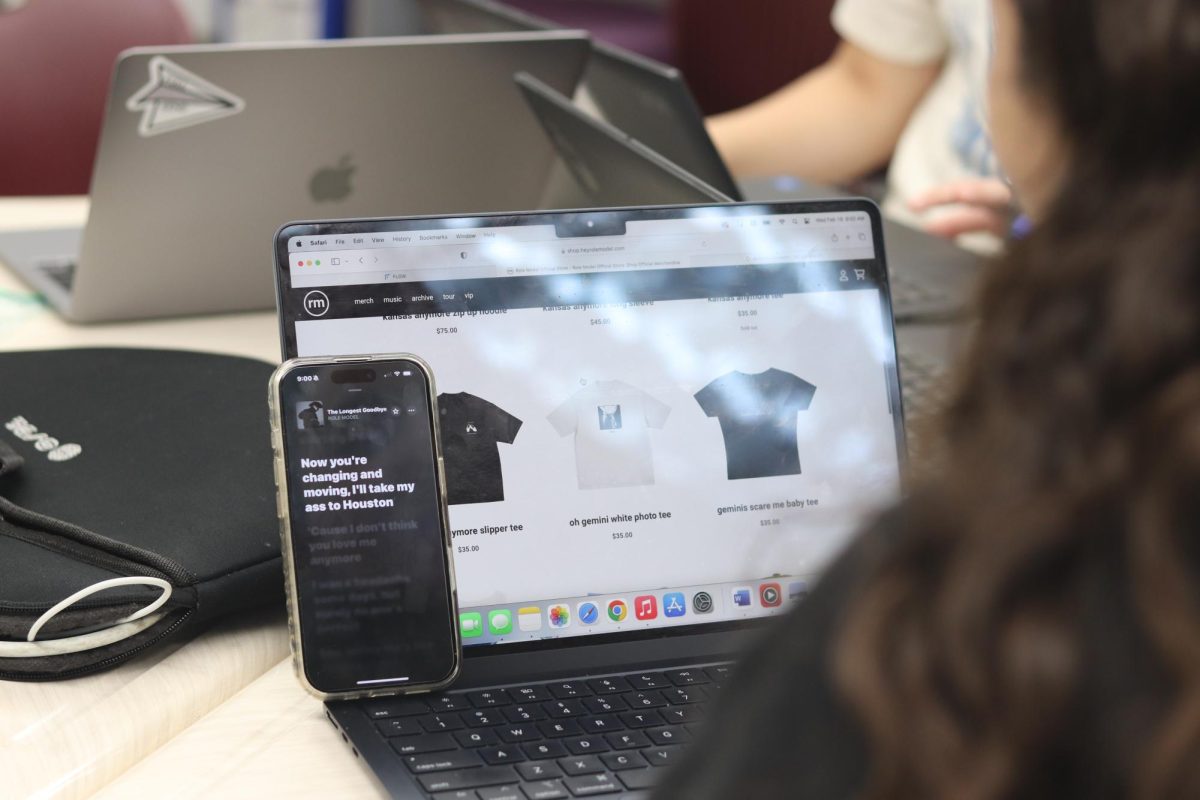
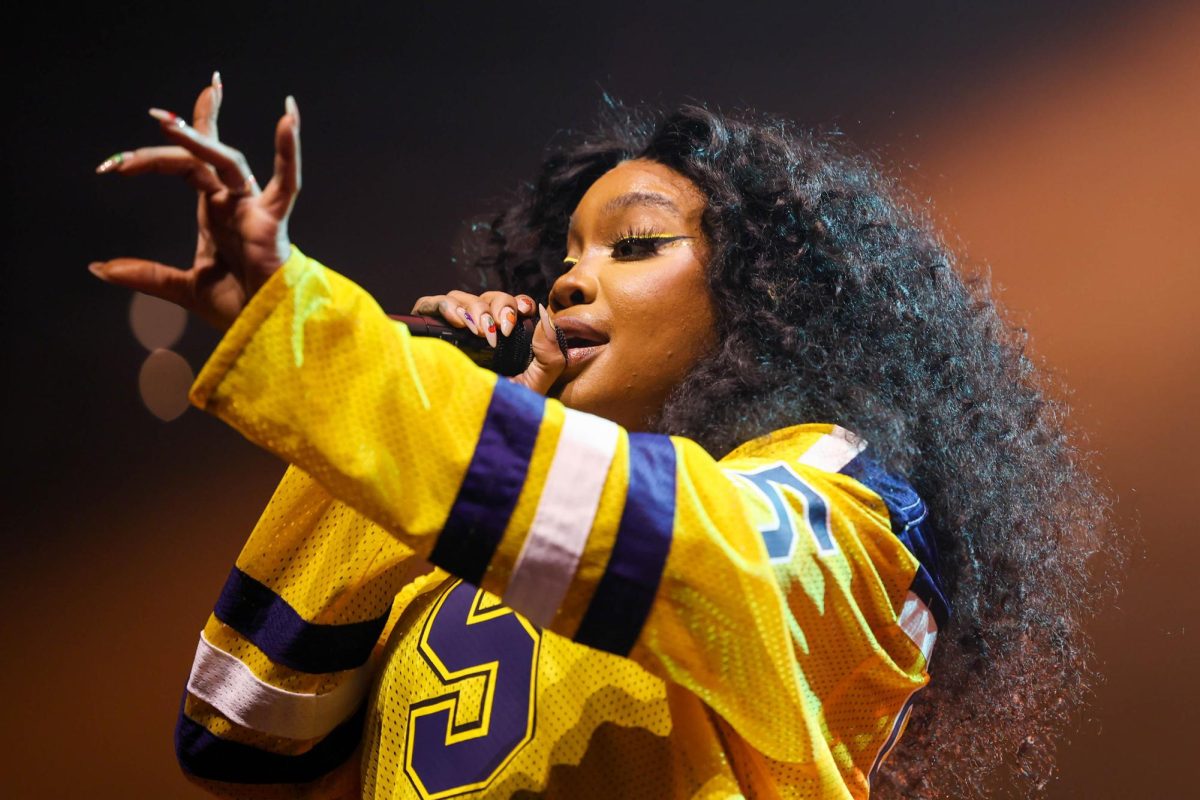
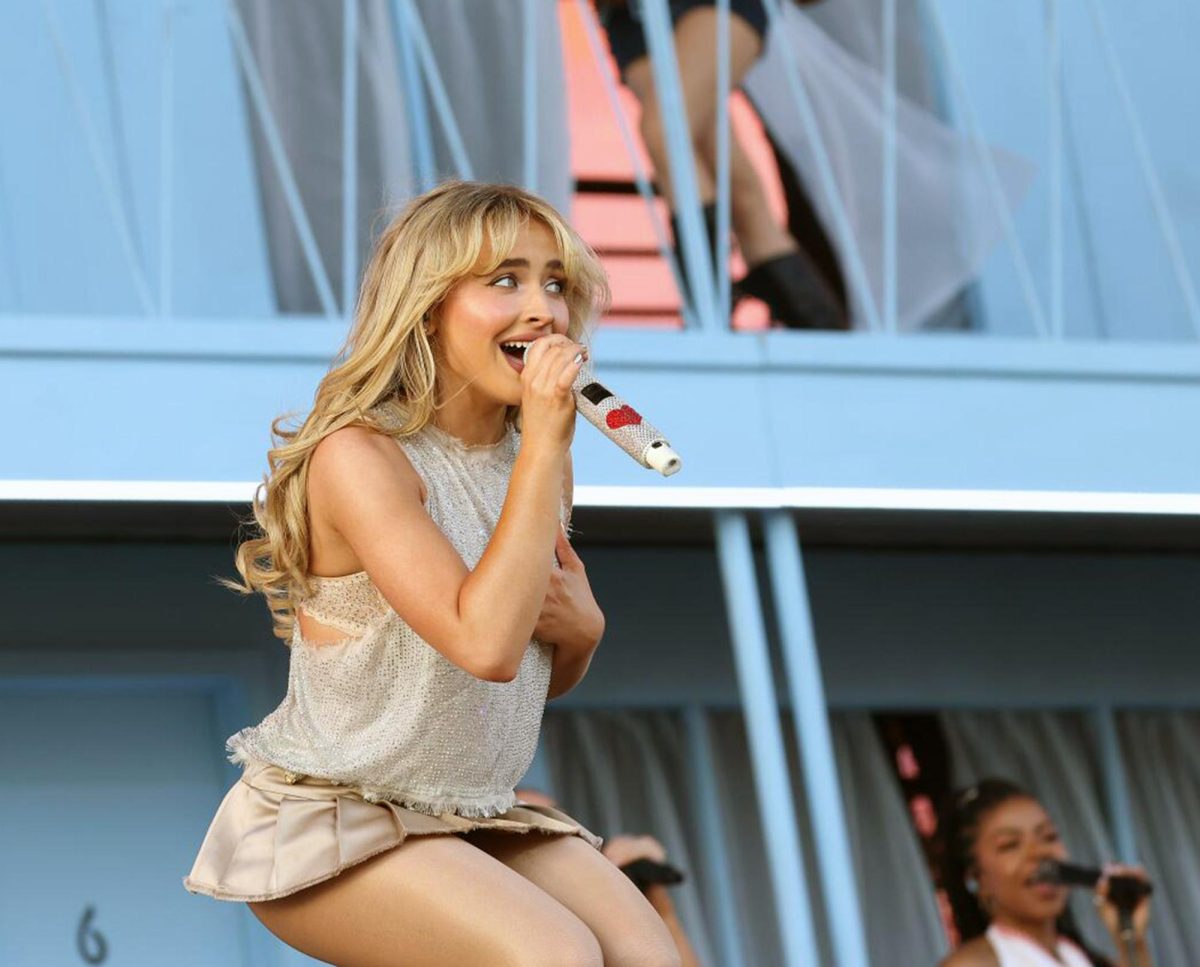
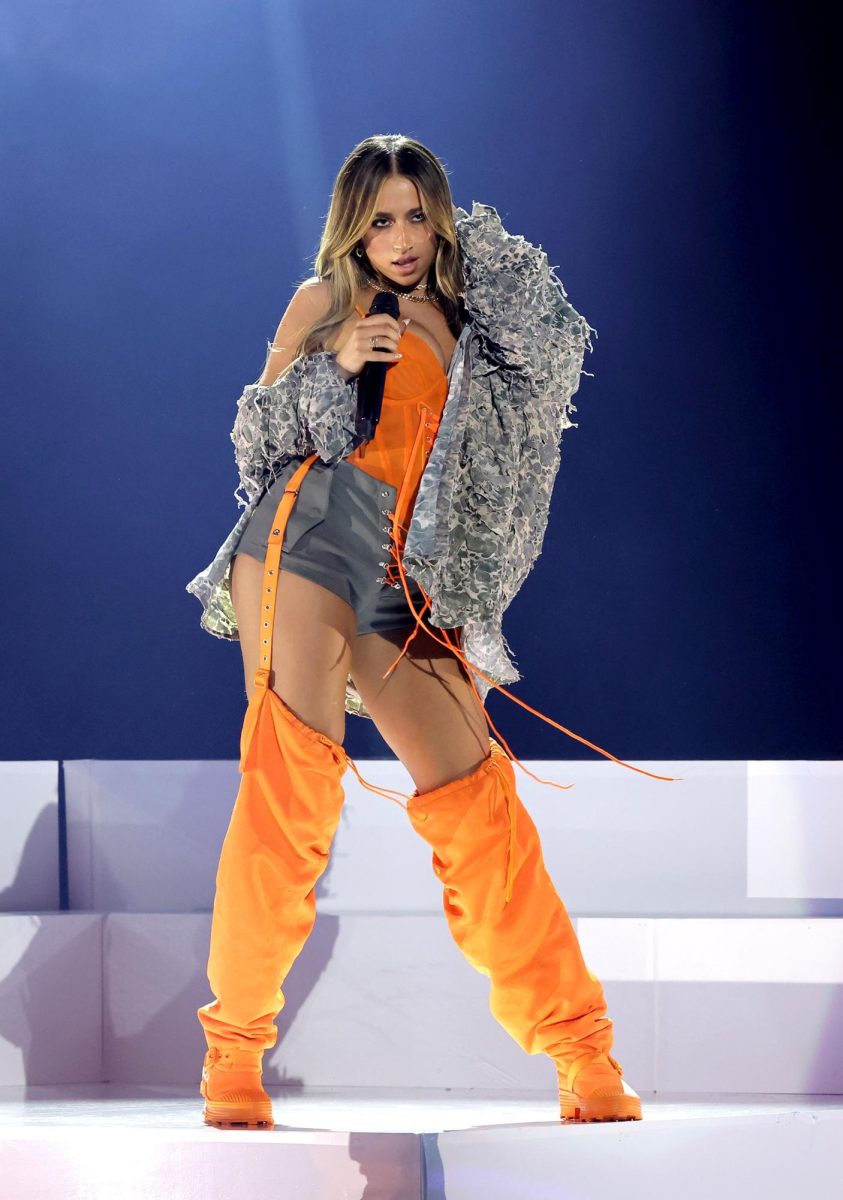
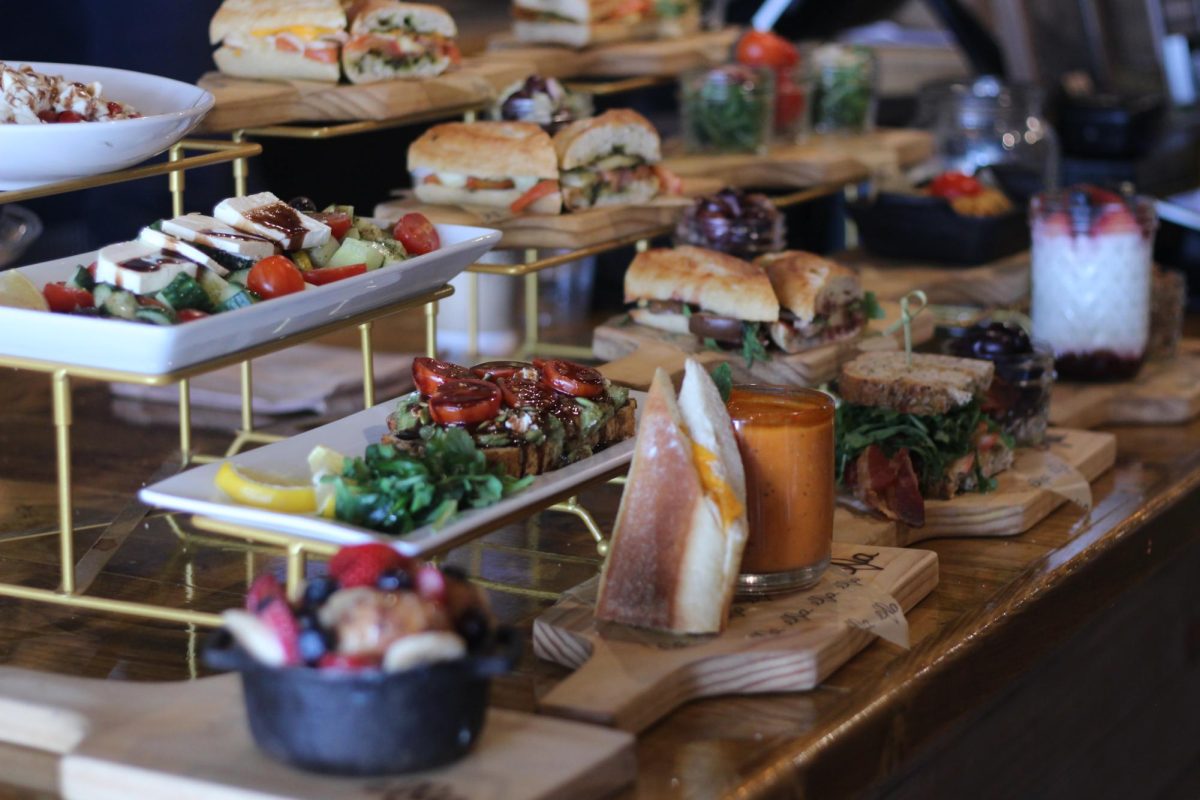
![[Review] ‘The Inheritance Games’ series warms readers’ hearts](https://eagleeye.news/wp-content/uploads/2025/01/Screen-Shot-2025-01-08-at-8.37.08-AM.png)
